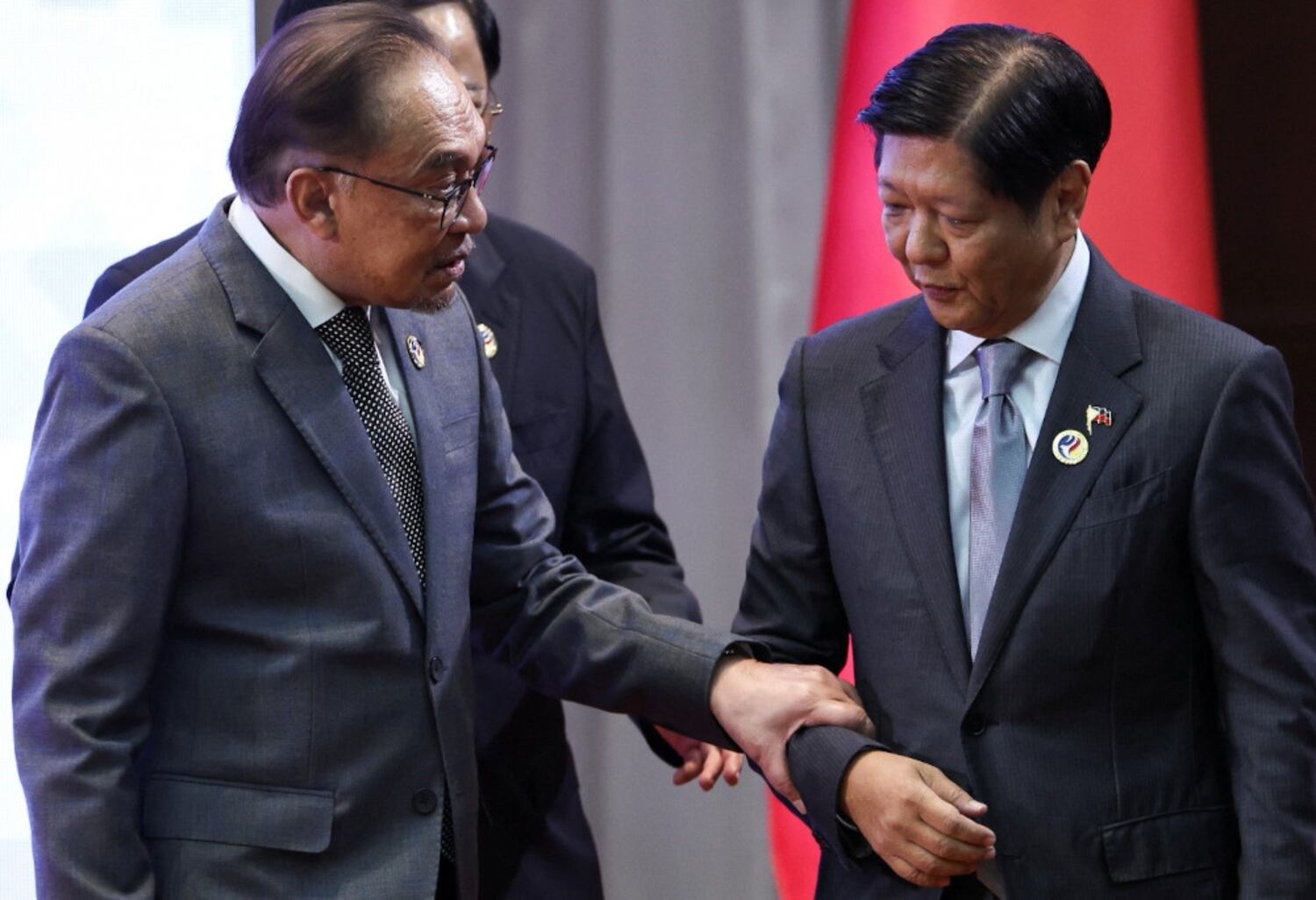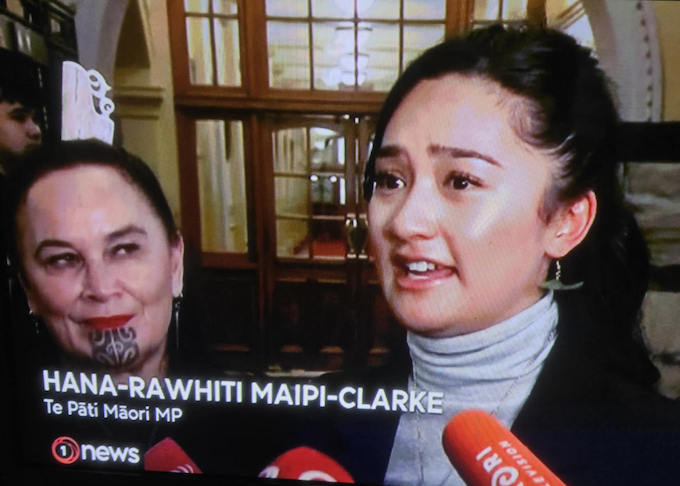New York, November 20, 2024—Local rights groups recorded at least four incidents of police assaulting or obstructing journalists covering a November 19 election protest in the Georgian capital, Tbilisi.
Georgian opposition parties have alleged fraud and are protesting the results of the October 26 parliamentary election, in which the ruling Georgian Dream party was declared winner.
“Georgian police officers’ detention of camera operator Sergi Baramidze and forceful obstruction of other journalists covering ongoing election protests is unacceptable and threatens the Georgian people’s access to information on important public events,” said Gulnoza Said, CPJ’s Europe and Central Asia program coordinator. “Authorities in Georgia should swiftly investigate all instances of police violence against members of the press and ensure that perpetrators are held to account.”
Police used force against these four journalists during the November 19 protest:

- Five or six officers grabbed Sergi Baramidze, a camera operator for pro-opposition broadcaster Mtavari Arkhi, while he filmed police dragging a protester, according to news reports and footage of the incident posted by his employer. The officers pulled Baramidze, held him by the neck, and briefly detained him at a police station.
Tamta Muradashvili, director of Mtavari Arkhi, told CPJ the journalist was released after signing a document agreeing to appear if summoned, adding that it is unclear if he’ll be charged.
Muradashvili told CPJ that Baramidze sustained injuries to his eye and lip.
- Three officers repeatedly shoved Mindia Gabadze, a reporter for independent news website Publika, while he filmed police dispersing. Gabadze told CPJ he identified himself to police as a journalist and described one of the shoves as “forceful,” leaving him in significant pain.
- Officers briefly confiscated the phone of independent regional outlet OC Media chief editor Mariam Nikuradze, obstructing her work.
- Officers pushed Givi Avaliani, a reporter with independent news website Netgazeti, preventing him from filming police.
Georgia’s Special Investigation Service, a government body responsible for investigating crimes against journalists, opened investigations into incidents of obstruction of journalistic activities during the protests. CPJ’s message to the service on its Facebook page for comment did not immediately receive a reply.
Ahead of the elections, Georgian authorities denied entry to Czech photojournalist Ray Baseley and Swiss photojournalist Stephan Goss, who both reported on large anti-government protests earlier this year.
During the elections, media rights groups recorded dozens of incidents of obstruction and intimidation of journalists, many of them reporting on alleged election fraud. Local journalists and advocates previously told CPJ they feared the ruling party’s victory could diminish press freedom in the country.
This content originally appeared on Committee to Protect Journalists and was authored by Committee to Protect Journalists.
This post was originally published on Radio Free.







